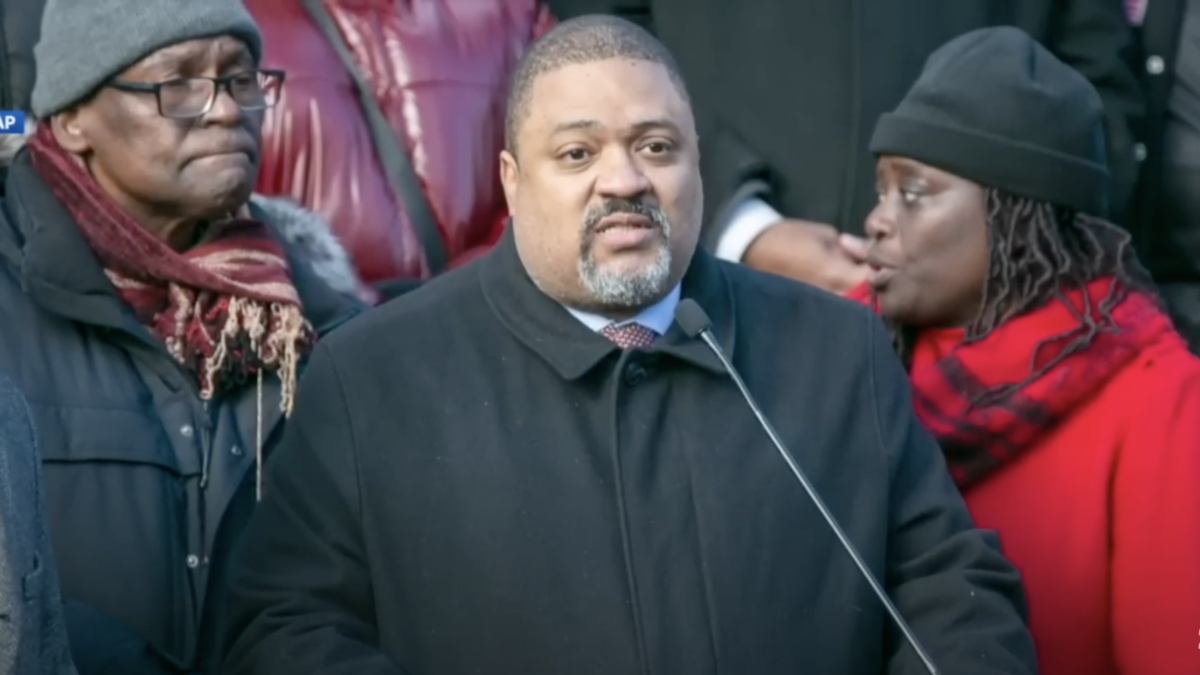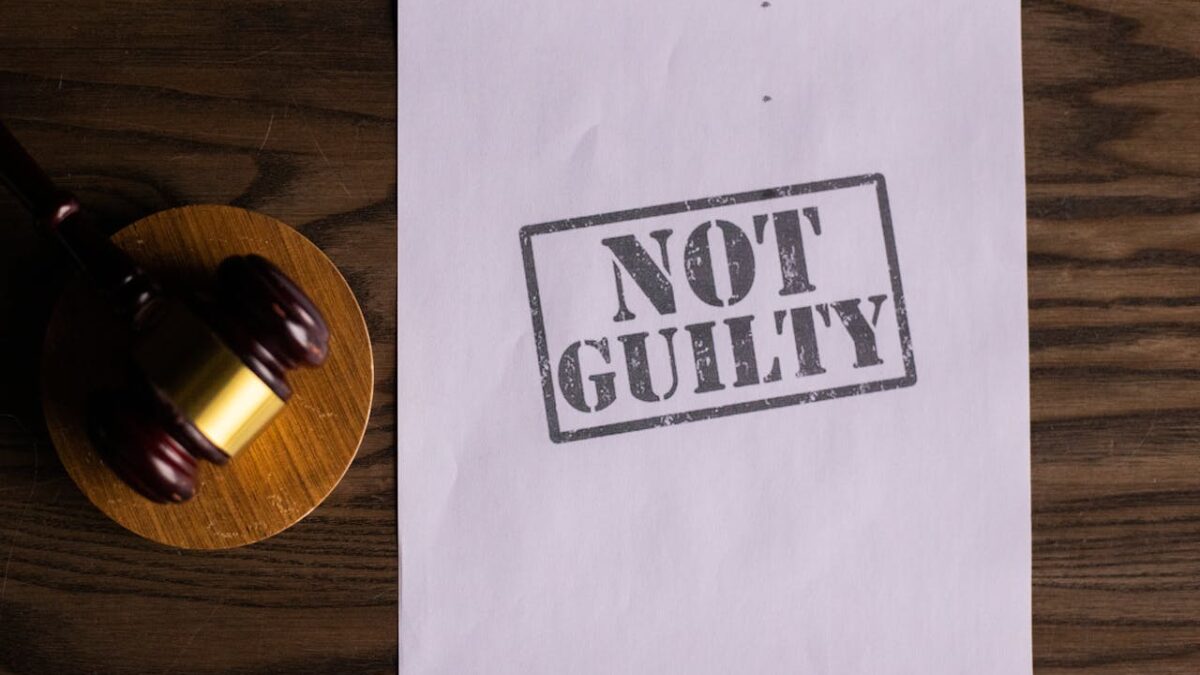
The Trump administration announced a rule this week intended to increase and encourage federal civil asset forfeiture. The Department of Justice directive comes against a backdrop of a nationwide trend toward reform on this policy, by which law enforcement seizes the property of Americans who are not charged with a crime.
Civil asset forfeiture is the name for the state’s ability to take your stuff if they suspect it’s been used in the commission of a crime, even if you have not been charged with a crime. In these cases, your stuff is deprived of the presumption of innocence and due process Americans are guaranteed. Getting it back can be a nightmare from which law-abiding citizens emerge without their property.
“With care and professionalism, we plan to develop policies to increase forfeitures,” said Attorney General Jeff Sessions at a gathering of district attorneys this week. “No criminal should be allowed to keep the proceeds of their crime. Adoptive forfeitures are appropriate as is sharing with our partners.”
The problem is, civil asset forfeiture doesn’t deal with the property of criminals. Criminal asset forfeiture is a process by which property is taken in a prosecution, so at least a charge is necessary. But civil asset forfeiture is a taking that doesn’t even require a charge or indictment against a citizen to deprive him of his property.
For this reason, libertarians, conservatives, and liberals have come together in states across the country to enact reforms to a policy that violates Fourth Amendment protections and, in many places, had become abusive as a transparent vehicle for money-grabbing, leaving little to no recourse for citizens. More than a dozen states now require a conviction to confiscate property.
Attorney General Eric Holder limited the practice in 2015, prohibiting “federal adoption” (the term for sharing assets seized by states and local governments when an investigation intersects with the feds, “except for property that directly relates to public safety concerns,” such as “firearms, explosives…and property associated with child pornography.” But this limitation came only after forfeiture takings surpassed burglary in raw numbers in 2014.
The new directive is a reinstatement of the Obama administration policy pre-2015 with several added protections for property owners, according to a Department of Justice release.
The rule sets a threshold for value of seized property, meaning anything under $10,000, law enforcement would have to take extra steps to justify the taking. The new rule requires some justification of probable cause under which the property was seized during a legal review process, and it promises to speed up notification of property owners, so they can contest these takings. Each of these protections seem to have wiggle room as written, however, and it’s unclear how this rule might fare under challenge in court.
“Instead of revising forfeiture practices in a manner to better protect Americans’ due process rights, the DOJ seems determined to lose in court before it changes its policies for the better,” said Sen. Mike Lee of Utah, who has long backed reform in this area.
In remarks announcing the rule, Sessions said “civil asset forfeiture is a key tool that helps law enforcement defund organized crime, take back ill-gotten gains, and prevent new crimes from being committed, and it weakens the criminals and the cartels.”
But he also made clear in those very remarks just how much this is about money: “Civil asset forfeiture takes the material support of the criminals and instead makes it the material support of law enforcement, funding priorities like new vehicles, bulletproof vests, opioid overdose reversal kits, and better training. In departments across this country, funds that were once used to take lives are now being used to save lives.”
This kind of incentive has led to abuse of this law enforcement tool across the country. The Pennsylvania Supreme Court recently limited the powers of law enforcement there. When a West Philadelphia grandmother who had her home and car taken because her grandson was arrested under suspicion of selling marijuana on her property, her case brought attention to one of the most abusive asset forfeiture regimes, where Philadelphia had seized some $6 million a year on the practice.
Sen. Rand Paul’s FAIR Act, a proposed federal reform of these rules, proposes seized assets go to the general Treasury fund instead of directly to law enforcement, to reduce this incentive.
One of the problems with the new DOJ rule is that “federal adoption” has been used in the past to circumvent state restrictions on forfeiture. Here’s Radley Balko on the pernicious effects of that policy:
The adoption policy is an end-around the state legislatures. It’s one thing if an investigation involves significant participation between federal and state or local law enforcement, and that investigation produces forfeiture proceeds to be divvied up. Such investigations comprise a broader class of forfeitures that are known as ‘equitable sharing’ cases. They’re still problematic, especially if it’s a civil forfeiture that doesn’t require the state to produce any actual criminal charges. But adoption cases are much more pernicious. The sole purpose of the adoption policy is to give police agencies a way to ignore state law. It was devised to let local cases become federal cases with little to no involvement from actual federal law enforcement officials.
This is why the Obama administration tried to phase out the program. As I pointed out at the time, then-Attorney General Eric Holder’s plan to phase out the adoption policy would affect only about 5 to 6 percent of federal civil forfeiture cases. But it would end the policy in states where the legislature (and, presumably, the people) had tried to pass laws protecting people from unjust forfeitures.
The issue of civil asset forfeiture reform has made strange ideological bedfellows for a reason. A 2016 YouGov poll showed 84 percent of Americans opposed asset forfeiture without a conviction. The problems with the practice are obvious and have given reform momentum as it becomes more well-known.
The Trump administration came into office with promises of respecting state decision-making and “draining the swamp.” This decision is a disappointing violation of both.









